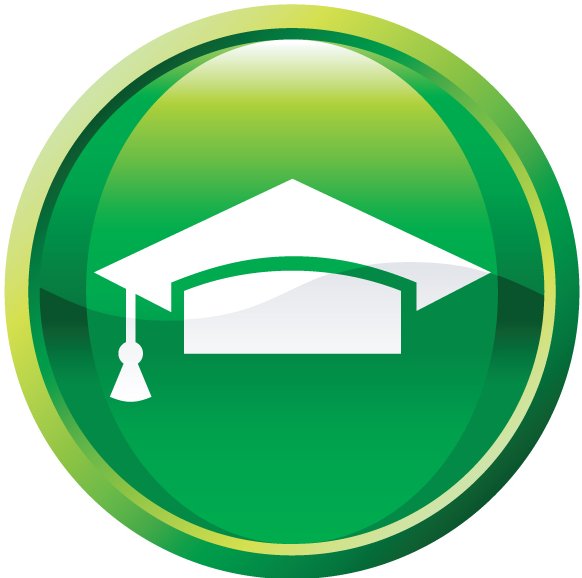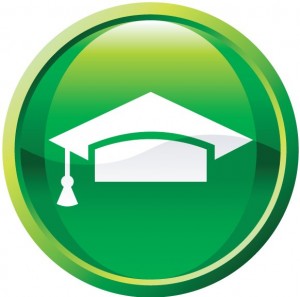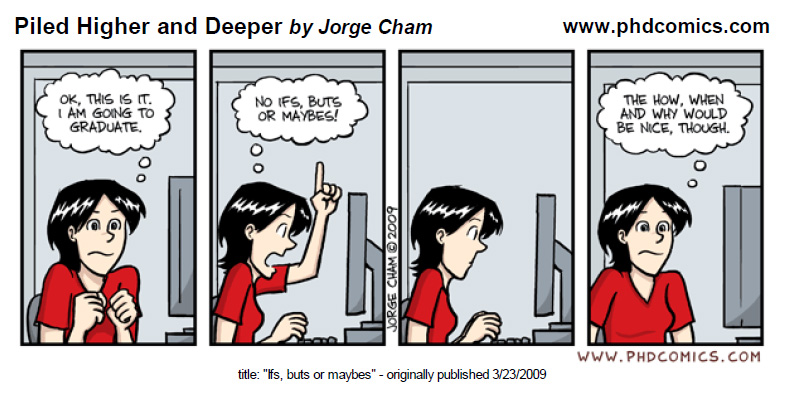by Peter Stokes
Since I’m glad to have been to graduate school myself, and I’m now pleased to be able to counsel students as they make their graduate or professional school plans, I would have a hard time arguing here that grad school stinks and you should avoid it like the plague. Nevertheless, I do think that grad school represents a serious commitment, and that what you should avoid is using grad school as a default option, casually and without due diligence.
If you’d prefer just to stay in school rather than even think about the tough job market, well, I do have some sympathy. By all means take this moment to climb back into bed, pull the covers over your head, and let out a self-pitying groan. (I’d like to say this is a strategy I am unfamiliar with.)
Assuming that you’ve now pulled yourself together and are reading again, however, consider that grad school may not in fact be such an ideal place to be, just yet. Grad school demands sacrifices of time, effort, and usually money. Your position will seem even less rosy if after making those sacrifices and earning that advanced degree, you find that your job prospects are limited because you lack experience in the field, or that you have an unnecessary or the wrong degree for what you really want to do.
If you love research—and are sure you will still love it after several years of working on a narrow topic—a Ph.D. might well be for you. Or if you’ve got a very good idea of what profession you want to go into, and you’ve done your research and know that there is an advanced degree you need for it now—by all means get that application together.
What does doing your research mean here? Well, you should know what grad school entails, how it will help you in your profession, and what it costs (both in real terms and in lost income)—and you should have done this preferably at least in part by speaking with people in the field you want to work in, who have made decisions like this themselves and are in a great position to advise you.
However, if you’re not sure yet what profession is for you, or if you’re unsure at this point if you’ll be able to sustain an interest in academic work, or if the kind of grad school you have in mind usually expects full-time work experience—then you should probably wait. It is rarely a bad idea to take some time before going to grad school. That time gives you a chance to find out more about your career options, and what kind of grad school might be appropriate. Make sure you explore all your options for what to do after school.
You can do some preparation for graduate school while an undergraduate without applying. You can take the appropriate standardized test (GRE, GMAT, etc.), and talk with potential recommenders (you might use Interfolio). But if you’re worried that you’ll lose your motivation for grad school if you take some time before you go, don’t. In my experience, and that of many others, you’ll find if you take some time to be something other than a student, that when you return, you’re all the more focused and ready and able to take advantage of the opportunity that graduate school can represent.






